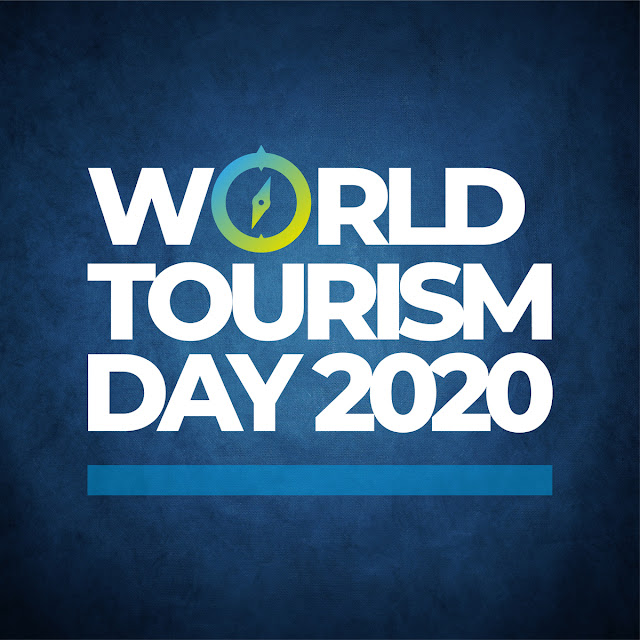Celebrated on 27 September with the theme of “Tourism and
Rural Development”, this year’s international day of observation
comes at a critical moment, as countries around the world look to tourism to
drive recovery, including in rural communities where the sector is a leading
employer and economic pillar.
The 2020 edition also comes as governments look to
the sector to drive recovery from the effects of the pandemic and with
the enhanced recognition of tourism at the highest United Nations
level. This was most notably illustrated with the recent release of a
landmark Policy Brief on tourism from UN Secretary-General Antonio Guterres in
which he explained that “for rural communities, indigenous peoples and many
other historically marginalized populations, tourism has been a vehicle
for integration, empowerment and generating income.”
All around the world, tourism empowers rural
communities, providing jobs and opportunity, most notably for women and youth
Historic International Cooperation
For the first time in the 40-year history of World
Tourism Day, the official celebration will not be hosted by a single Member
State of the United Nations specialized agency. Instead, nations from
the MERCOSUR Member States (Argentina, Brazil, Paraguay and Uruguay,
with Chile joining as Member Associate status) will serve as joint
hosts. This co-hosting agreement exemplifies the spirit of
international solidarity that runs through tourism and which UNWTO has
recognized as essential for recovery.
UNWTO Secretary-General Zurab Pololikashvili said:
“All around the world, tourism empowers rural communities, providing jobs and
opportunity, most notably for women and youth. Tourism also enables rural
communities to hold onto their unique cultural heritage and traditions, and the
sector is vital for safeguarding habitat and endangered species. This World
Tourism Day is a chance to recognize the role tourism plays outside of major
cities and its ability to build a better future for all.”
Rural areas hit hard by COVID-19
For countless rural communities around the world,
tourism is a leading provider of employment and opportunities. In many
places, it is one of the few viable economic sectors. Moreover,
development through tourism can also keep rural communities alive. It is
estimated that by 2050, 68% of the world population will live in urban areas,
while 80% of those currently living in ‘extreme poverty’ live outside of towns
and cities.
The situation is particularly hard for youth: young
people in rural communities are three times more likely to be unemployed than
older adults. Tourism is a lifeline, offering young people a chance
to earn a living without having to migrate either within their home countries
or abroad.
World Tourism Day 2020 will once again be celebrated
by UNWTO’s Member States in all global regions as well as by cities and other
destinations and by private sector organizations and individual tourists. It
comes as communities in rural areas also struggle with the impacts of the
COVID-19 pandemic. These communities are usually much less-prepared to deal
with the short and longer-term impacts of the crisis. This is due to a number
of factors, including their aging populations, lower income levels and the
continuing ‘digital divide’. Tourism offers a solution to all of these
challenges.

No comments:
Post a Comment
Note: only a member of this blog may post a comment.